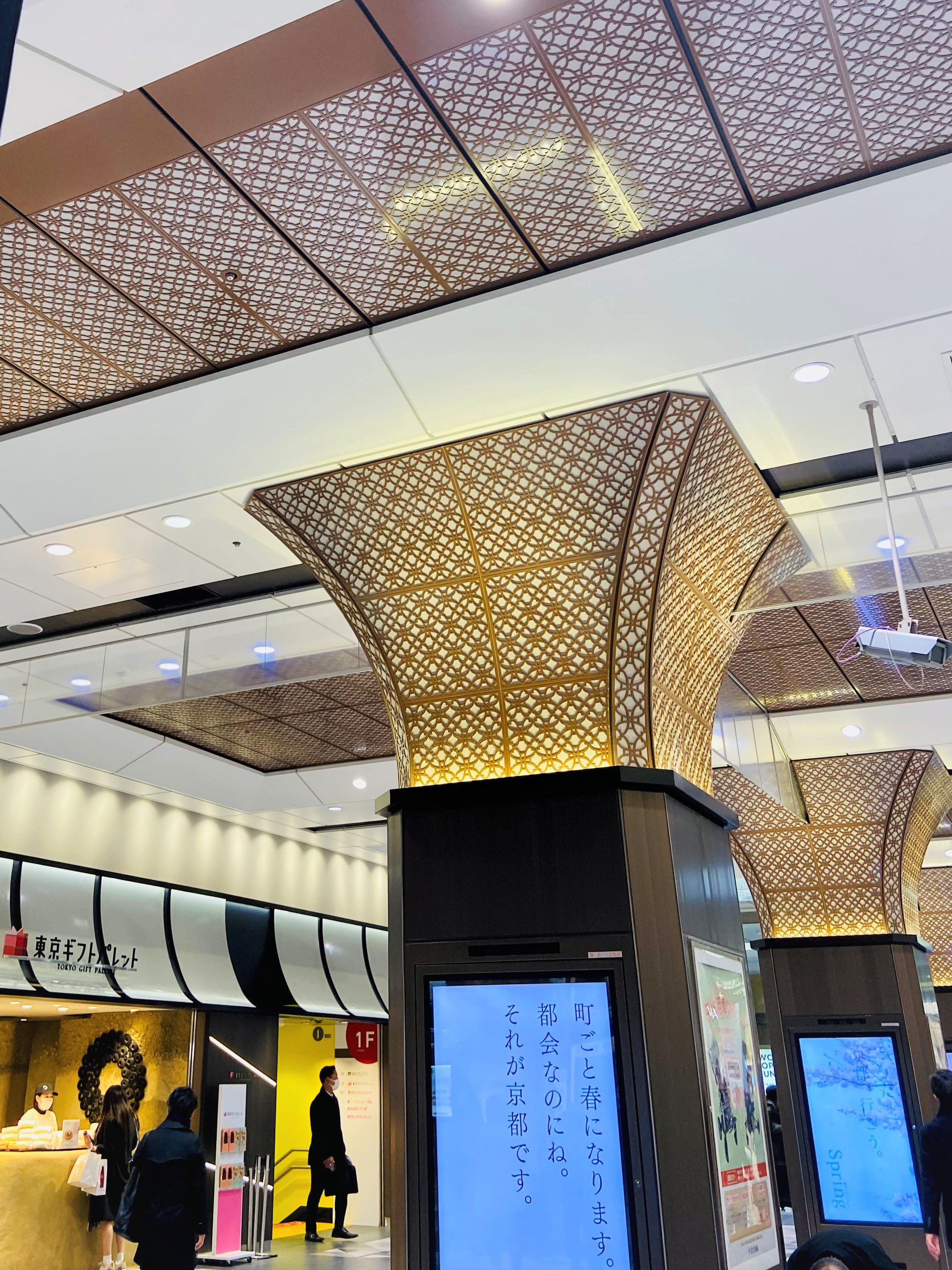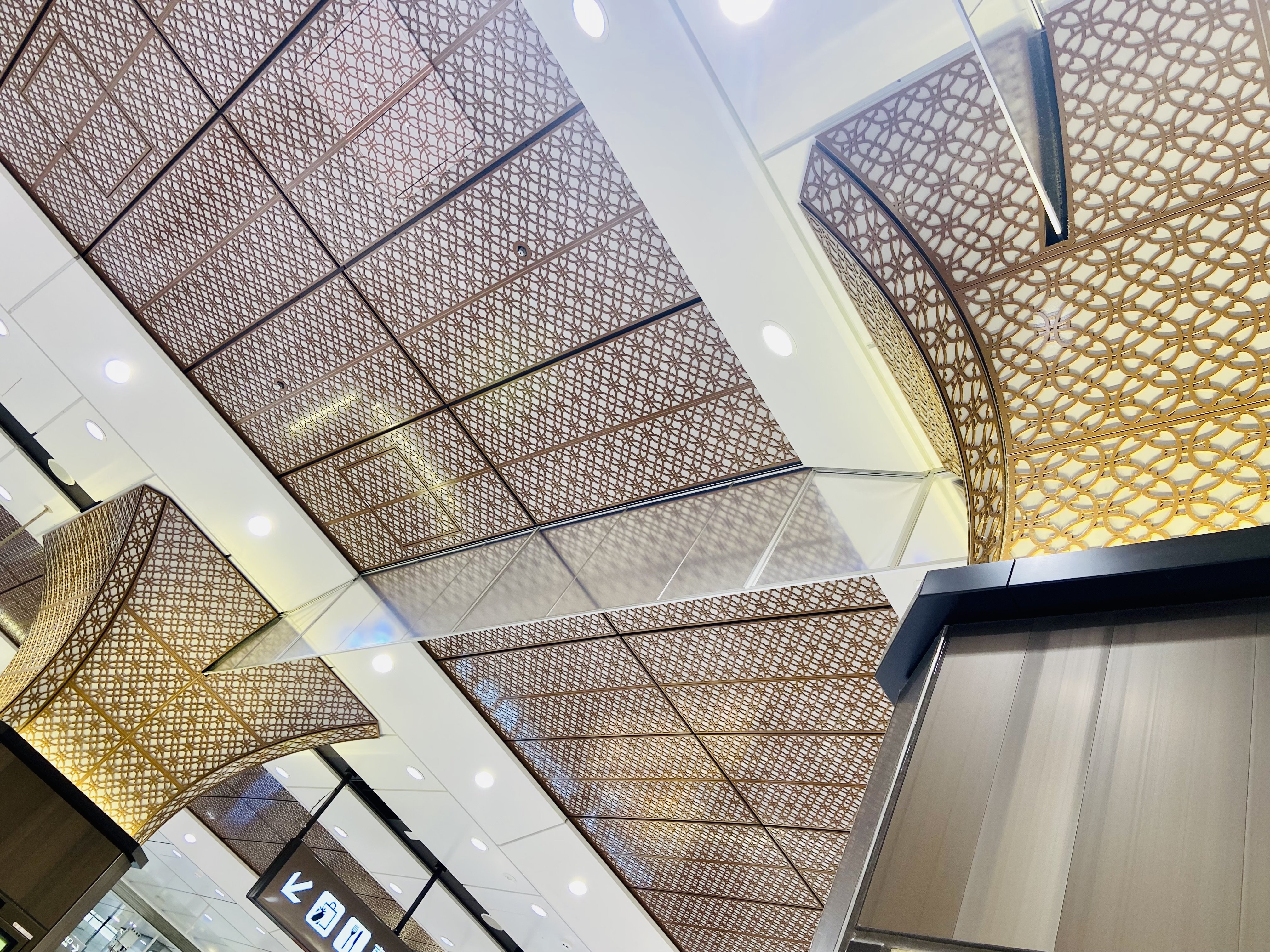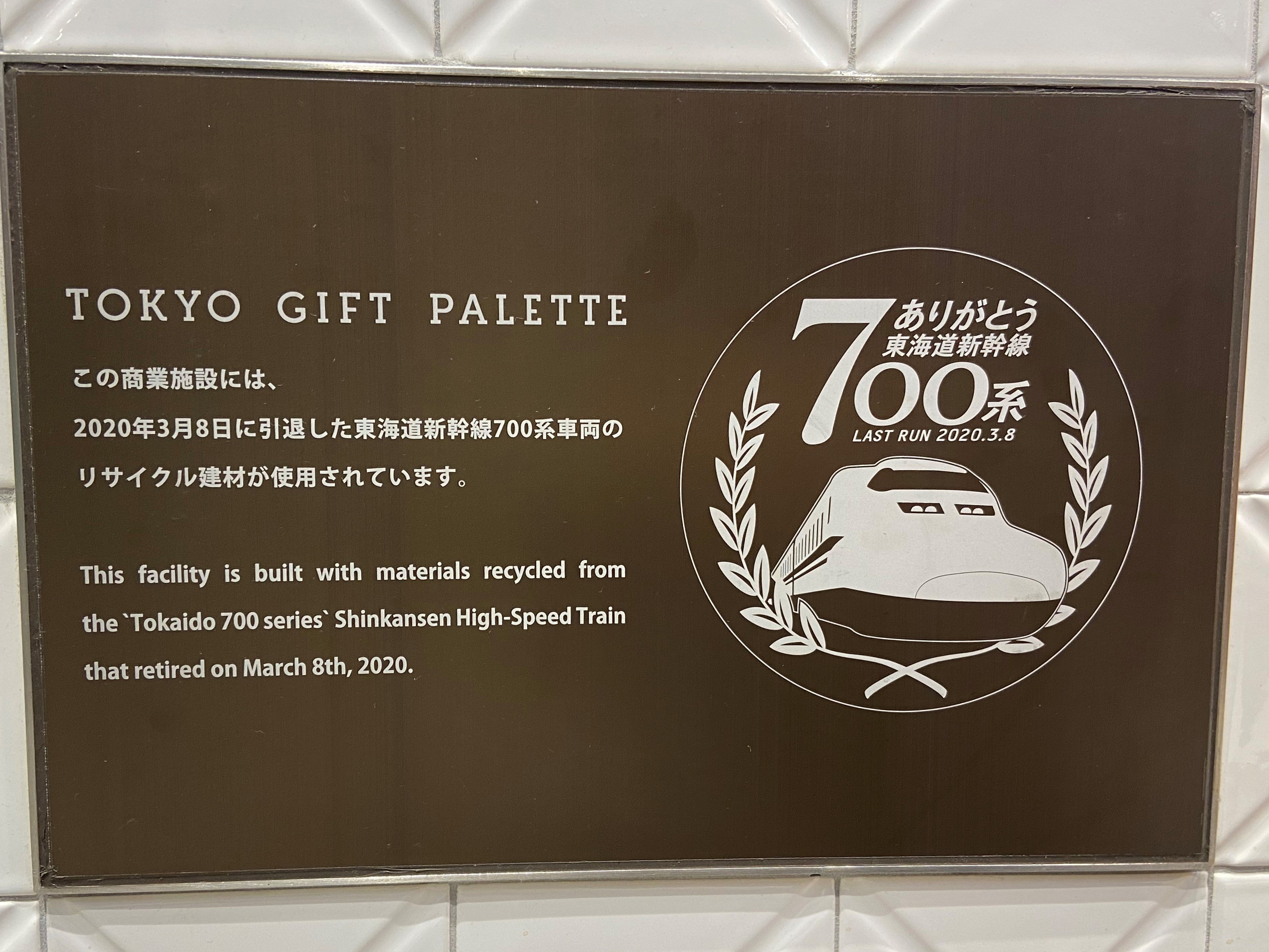In recent years, there has been increased focus on environmental sustainability wherever you turn. In fact, sustainability is now seen as an imperative in nearly every field. High-speed rail is no different. The Shinkansen system is known for its impressive environmental performance, being highly energy efficient and emitting very little CO² compared to other transportation systems. In addition to the Shinkansen system’s exceptional operational performance, efforts are being made to reduce its environmental impact in other ways, including through the recycling of rolling stock. In this article, we will introduce an example of Shinkansen train recycling.
JR Central and its partner companies are working to reduce the environmental impact of the Shinkansen system by recycling the aluminum used in Tokaido Shinkansen trains. Until now, recycled aluminum from Shinkansen trains was used mainly as an additive when making iron due to the difficulty in removing paint and bolts adhering to aluminum. Recently, however, a method has been developed to extract high-purity aluminum alloys by removing deposits from aluminum used in Shinkansen trains. Further, by instituting a rigorous aluminum sorting process, the quality and reliability of recycled aluminum for use as a body material for new vehicles that require strength has been ensured.
As a result, for the first time it has become possible to use recycled aluminum in car bodies for Shinkansen trains. Since this "Shinkansen recycled aluminum" requires less energy to manufacture than new aluminum, CO² emissions related to the manufacturing of aluminum used in Shinkansen car bodies have been reduced by about 97% or 50 tons per train.
Shinkansen recycled aluminum extracted from the body of a 700 series Tokaido Shinkansen retired in the spring of 2020 was used to decorate the pillars and ceilings of the specialty store "Tokyo Gift Palette," which opened at the Yaesu North Exit area of Tokyo Station in August 2020, as well as the surrounding concourse. Other Shinkansen recycled aluminum has been used for decorative fixtures, including product display cases, in British retail brand “THE BODY SHOP” stores located across Japan. Since Shinkansen recycled aluminum is recycled from high-strength aluminum used in Shinkansen trains, it can also be used as a building material and in precision machinery. The latest N700S series Shinkansen uses recycled aluminum materials from bodies of decommissioned Shinkansen cars for some of its interior components.
Sustainability is a universal issue for humankind, and efforts to reduce environmental impacts at companies both within Japan and elsewhere continue to expand. The Shinkansen system is not just a means of transportation, but has revolutionized society and has had a major impact on people's lives. JR Central and its partner companies continue to do their part to further improve the Shinkansen system’s environmental performance, including through recycling efforts and the efficient use of limited natural resources, to contribute to the sustainable development of humankind.
- Contribution to Global Environment Preservation | Central Japan Railway Company (jr-central.co.jp)
20200907_shinkansen.pdf (harita.co.jp)



